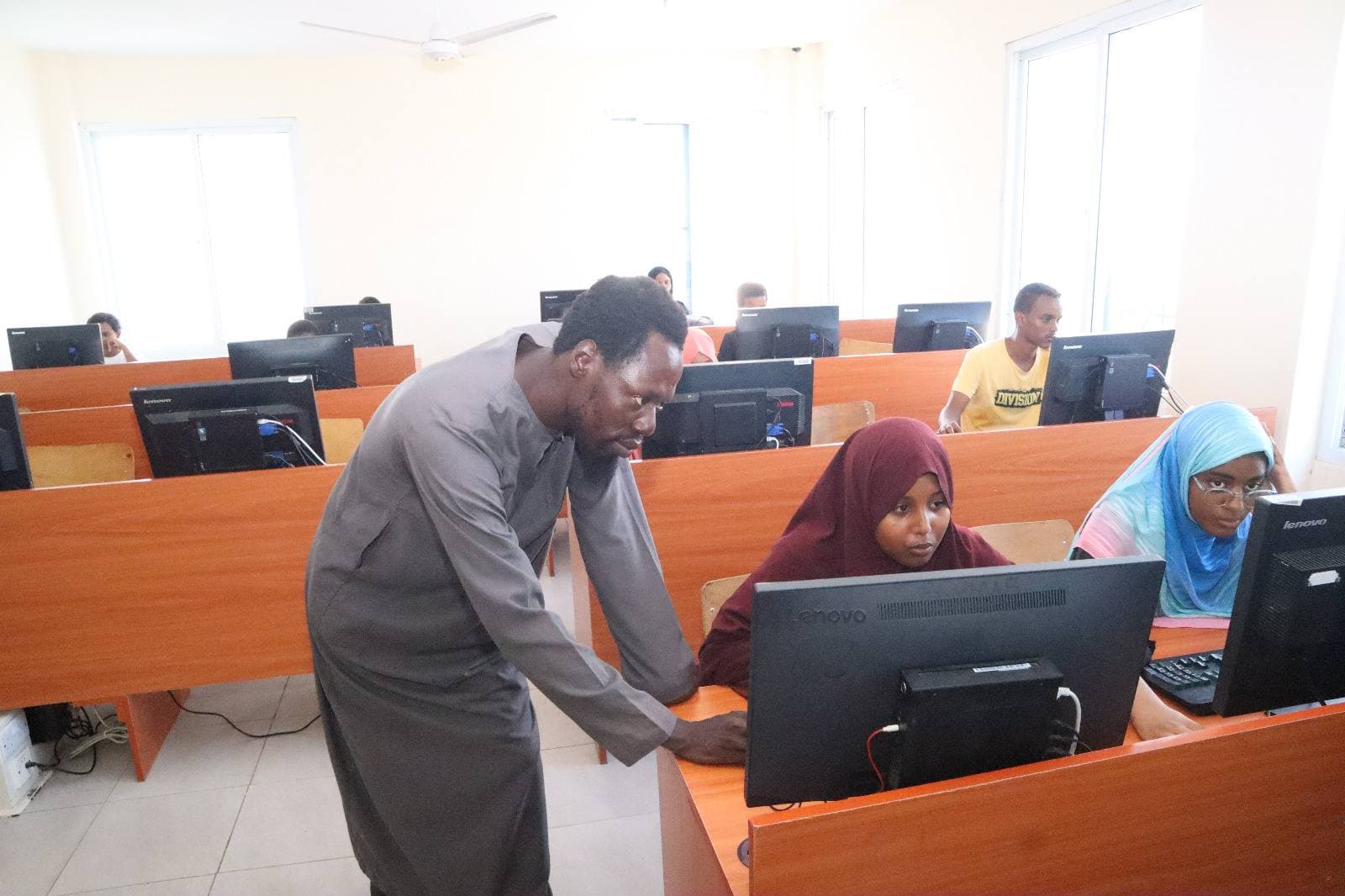
Our Curriculum
A comprehensive educational framework blending academic excellence with Islamic values
Our Curriculum Framework
Our curriculum is built on three foundational pillars that ensure comprehensive education preparing students for success in both worldly affairs and the hereafter.
Competency-Based Curriculum (CBC)
Following Kenya's national curriculum framework focusing on skills and competencies
Islamic Education Integration
Seamless integration of Islamic teachings and values across all subjects
Global Perspective
Preparing students for global citizenship while maintaining cultural identity
Learning Areas by Level
Age-appropriate learning areas designed to build knowledge progressively
Primary Level (Grade 1 - 6)
Building strong foundations across all learning areas
Mathematics
Number operations, geometry, measurement, and data
English
Reading, writing, speaking, and listening skills
Kiswahili
National language proficiency and literature
Science & Technology
Scientific inquiry and technological literacy
Social Studies
History, geography, and citizenship
Creative Arts
Music, art, drama, and cultural activities
Physical Education
Sports, health, and physical fitness
ICT
Digital literacy and computational thinking
Islamic Studies
Quran, Hadith, Fiqh, and Islamic history
Arabic Language
Arabic reading, writing, and communication
Core Competencies
Essential skills and competencies we develop in every student
Communication & Collaboration
Developing effective communication skills in multiple languages and collaborative problem-solving abilities
Key Skills:
Critical Thinking & Problem Solving
Building analytical skills and creative problem-solving capabilities for complex challenges
Key Skills:
Creativity & Imagination
Fostering innovative thinking and creative expression across various disciplines
Key Skills:
Citizenship & Digital Literacy
Preparing responsible global citizens with strong digital and technological competencies
Key Skills:
Learning to Learn
Developing metacognitive skills and fostering a lifelong love for learning
Key Skills:
Self-efficacy
Building confidence, resilience, and the ability to overcome challenges
Key Skills:
Islamic Values Integration
We seamlessly integrate Islamic teachings and values across all subjects, ensuring students see the connection between their faith and academic learning. This holistic approach helps develop well-rounded individuals with strong moral foundations.
Integration Examples:
Mathematics
Islamic calendar calculations, Zakat computation, inheritance distribution, geometric patterns in Islamic art
Science
Scientific discoveries by Muslim scholars, environmental stewardship in Islam, astronomy and prayer times
Social Studies
Islamic civilization, Muslim contributions to world history, Islamic governance principles
Languages
Arabic language learning, Islamic literature, Quranic Arabic comprehension
Arts
Islamic geometric patterns, calligraphy, halal principles in creative expression

Assessment Philosophy
Our assessment approach is holistic, focusing on the development of competencies rather than just content mastery. We use continuous assessment, portfolio development, and project-based evaluations to ensure comprehensive student growth.
Continuous Assessment
Regular evaluation throughout the learning process
Competency-Based
Focus on skills and competencies development
Holistic Evaluation
Academic, spiritual, and character development